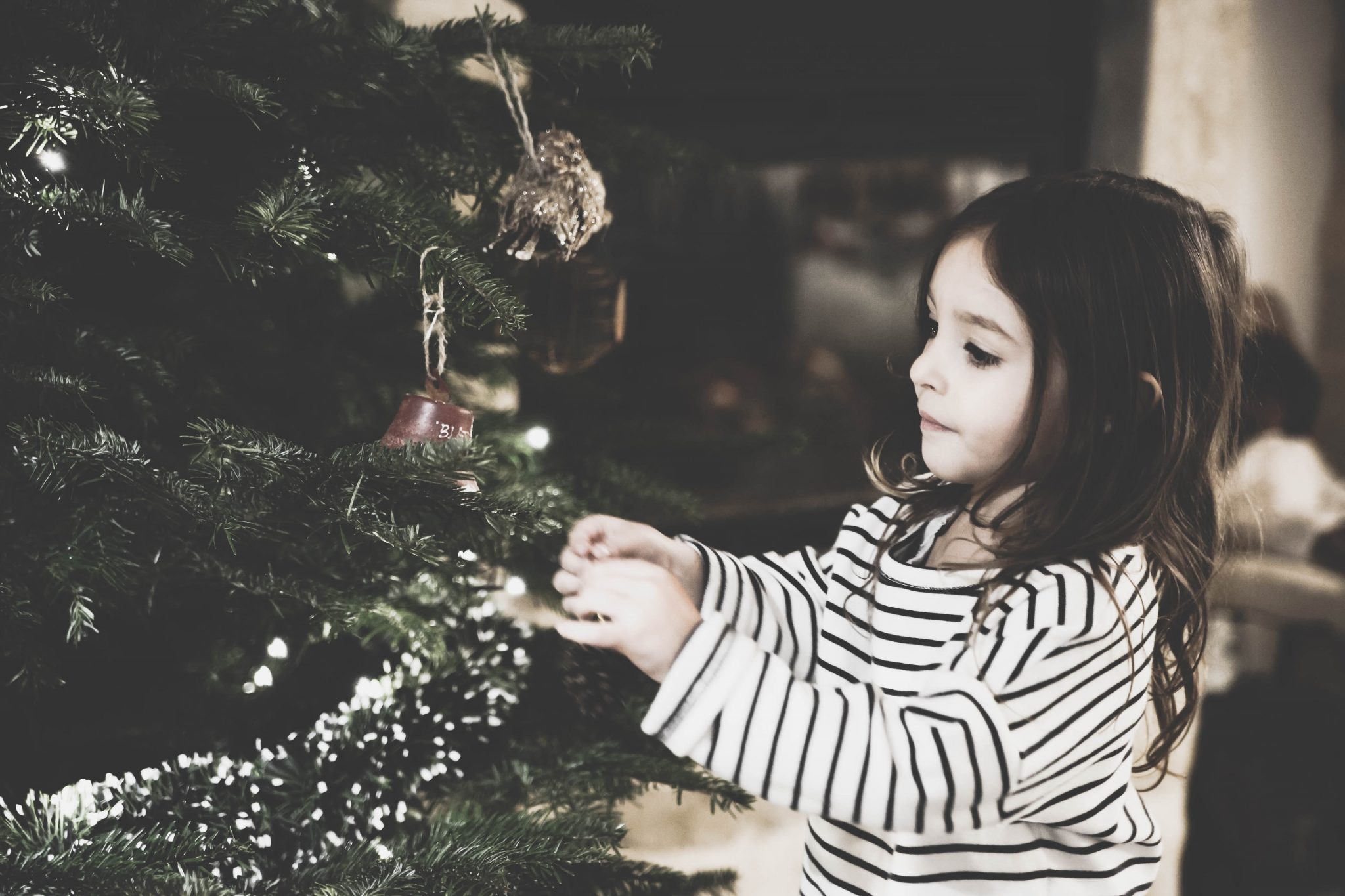Parenting: The Impact of Family Traditions
- December 3, 2012

Why does a college student say to a fellow passenger on a flight home for Christmas, “I can’t wait to get home. I miss my family”? Because family traditions, like a kite string, keep every kid’s heart attached to home.
It’s true. When done well, one’s family becomes a sacred shelter of consistency and connection in a world of flux and change. At its best, ‘home’ develops into the safe place where we can always go and be accepted for who we are. Family and the way we do family is our point of reference in life. Home is where we are loved – where we belong.
God had intended every family be like this. It is sad it isn’t so.
Yet, at the core of any great family is its own, unique way of doing life. It’s these family traditions that shape and define us and draw us back to one another. Whether as simple as a weekly meal together or as extensive as an annual vacation, each experience helps in binding us together. And there’s no better time to rethink their importance than during the Christmas season.
Let’s be on the same page. A family tradition starts as any activity that you do together that is enjoyable and meaningful. It’s Daddy taking each child out for breakfast on their birthday or Mom making special cinnamon buns every Christmas morning. Note that it’s not defined by how big or how costly or even how often the event or experience occurs.
Rather, as these events are replicated and hold the same level of value and warmth, the significance of the activity to the family grows. What starts with an enjoyable and meaningful activity when repeated becomes a fond routine. When the routine becomes “our thing we do” it moves to the ritual level. As its impact strengthens, it matures into a tradition. Sometimes they evolve incidentally; sometimes they develop intentionally.
Be certain though, traditions in themselves aren’t magical. They don’t replace the need for love or the transfer of values. Traditions can be lifeless and tasteless. When forced and meaningless, they can actually drive a family apart.
The signs of a fractured family are coming clearer. Here the kids are saying, “I can’t wait to leave home.” There was little to no effort made to connect with one another. Parents, caught up in their own baggage or selfishness, either didn’t know how or made only rare attempts at doing family right. There was no regular context for deep ties to develop between parent and child. The kids have few special memories of family rituals. The family has no sense of identity or cohesiveness.
Family, as it was meant to be, is lost.
As a result, people can end up floating in and out of relationships like driftwood at sea that finally washes up on a beach somewhere. They don’t know where they came from.
But by making an effort to connect repeatedly in a caring, meaningful way in real time and place events – the heart of a tradition – children grow to feel stable, significant and secure. Family traditions keep people from being adrift.
Why? Because traditions are an ideal context for genuine care and lasting influence to be experienced. The number of meaningful and memorable events and experiences that are created and replicated together during the formative years determines the strength of any family. These family routines are the consistent environment where our values and love can be exchanged. Traditions define and display who we are and what matters to us. They keep pulling on us like a magnet – drawing us back together.
The power of loving and lasting family traditions can’t be overestimated. Here are some of the benefits to your children.
 Traditions create roots. In doing so, they produce a stability in the life of every child. The longevity of love through these repeated routines becomes their anchor in the topsy-turvy world they live in. For us roots include every thanksgiving for eighteen years hiking around Mt. Baker as a family. We have the pictures to prove it. The tradition connected us. Through experiences like these, our kids still look forward to family times. Traditions build history and familiarity. “Going home” at Christmas is part of the ritual. It’s going back to our roots – a ton of fun memories.
Traditions create roots. In doing so, they produce a stability in the life of every child. The longevity of love through these repeated routines becomes their anchor in the topsy-turvy world they live in. For us roots include every thanksgiving for eighteen years hiking around Mt. Baker as a family. We have the pictures to prove it. The tradition connected us. Through experiences like these, our kids still look forward to family times. Traditions build history and familiarity. “Going home” at Christmas is part of the ritual. It’s going back to our roots – a ton of fun memories.
Traditions establish identity. Far beyond merely carrying a similar last name, these simple but meaningful rituals define who a child is. Traditions are what make each family unique. I had a horn I used to blow at all the kids sporting events (Yes, I was one of those loud parents). The horn meant one clear thing – we are proud of you. Children feel significant because they feel a part of this uniqueness. We cheer for one another. They think, “This is what our family does. I am part of that.” Every repeated event and memorable experience defines our family distinctiveness further.
Traditions build attachment. Nothing builds connection in a family like a massive collection of shared memories of happy times together. Repeated laughter and love experiences “lock and load” a lasting charge in the chambers of a child’s heart. It is in the simple nighttime routines of hugs, kisses, prayers and getting tucked in that a child senses they belong. They feel safe and secure with their parents. When done well, faith traditions too can hold meaning to every subsequent generation as they too grow in their attachment to God. That’s a really great tradition.
I love the description of the wise home that is built in Proverbs 24:3-4.
“By wisdom a house is built, and through understanding it is established; through knowledge its rooms are filled with rare and beautiful treasures.”
These rare and beautiful treasures are the great memories you create with your kids. Much like a photo album of the mind, we store these memories as pictures of what you love and cherish about our history together.
Why not have a discussion as a couple about what you could do to build your family through healthy and meaningful traditions? How could you make more of this Christmas with your family?
Fill your album this Christmas with memorable family traditions. They shape your children’s lives.
I’d love to hear about your family traditions – what worked and what didn’t. Share your comments here. God bless your family this Christmas.
 © Dr. Dave Currie November 2012
© Dr. Dave Currie November 2012
